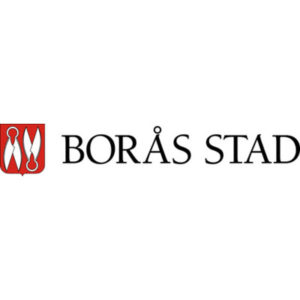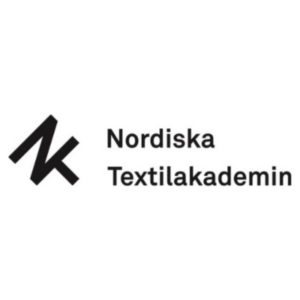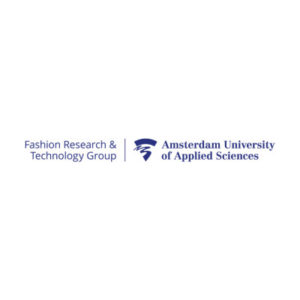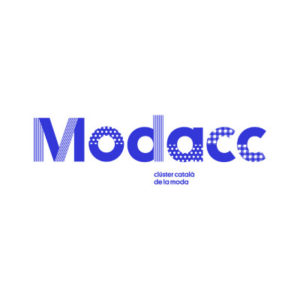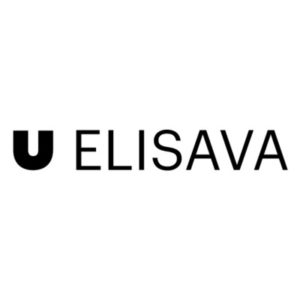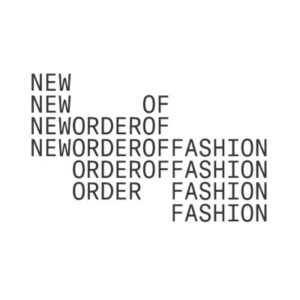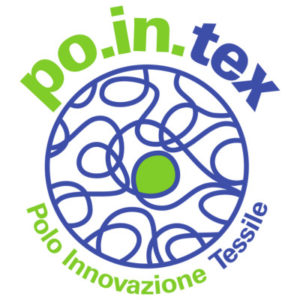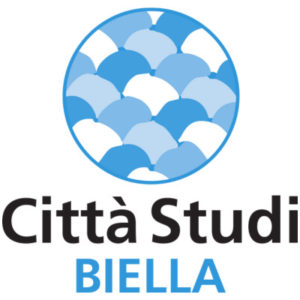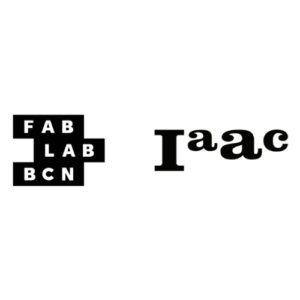
TRANSITIONS
TRANSITIONS is a strategic alliance for innovation formed by research and technological centers, VET, HE institutions, public policy actors, SMEs, and other sectoral organizations from Spain, Italy, The Netherlands, and Sweden. TRANSITIONS aims to nurture the textile and fashion transition to an Industry 4.0 system and a circular economy by developing new learning methods, tools, and practices to help students, young designers, and professionals to face real challenges.
The Challenge
The objective is to create a collaborative and real work-based training where the different actors in the value chain work on how to take advantage of technology to generate new value proposals and new business models that foster the transition to a 4.0 and circular system.
Our Solution
TRANSITIONS proposes a multidisciplinary pedagogical approach based on transition design theories and emerging disciplines and practices that merge fashion, sustainability and digitization.
Type of Project
Innovation project funded by European Union’s Erasmus+ programme under Grant Agreement 101056544.
Applied Technologies
TRANSITIONS proposes a multidisciplinary pedagogical approach based on transition design theories, and emerging disciplines and practices combining fashion, sustainability and industry 4.0.
The Project
TRANSITIONS is a strategic alliance for innovation to nurture the textile and fashion transition to a 4.0 system and a circular economy by developing new learning methods, tools and practices to help students, young designers and professionals to face real challenges.
Fashion and textiles (F&T) is a priority sector for the European transition towards sustainability. It faces structural and systemic challenges that require a profound model change. Stakeholders will work together to design and develop new training methods to face the digital and green transformation. The objective is to create collaborative and real work-based training where the different actors in the value chain work on how to take advantage of technology to generate new value proposals and new business models within a circular economy. A circular economy aims to maintain the value of products, materials, and resources for as long as possible by reintroducing them into the product cycle at the end of their use, minimizing waste generation.
These challenges draw a new competitive framework to which companies in the sector must adapt. The fashion and textiles industry, which employs 1.3 million people in Europe and generates an aggregate turnover of 143 billion euros, is made up of more than 140,000 SMEs, many of them small, that need support in addressing the transformation process in which the sector is immersed. The F&T industry is the second most polluting one in the world. It faces structural and systemic challenges that require a profound model change. The objective is to create a collaborative and real work-based training where the different actors in the value chain can take advantage of technology to generate new value proposals and new business models that foster the transition to a 4.0 and circular system.
Our Contribution
IAAC is in charge of coordinating the Transition Labs, the pilots that test the curriculum with local stakeholders in the Netherlands, Spain, Italy and Sweden. IAAC and Fab Lab Barcelona will share their current background which is based on the design and running of Fabricademy, a Textile & Technology Academy consisting of a transdisciplinary course that focuses on the development of new technologies applied in the textile industry, in its broad range of applications, from the fashion industry all the way to the upcoming wearable market. It trains students in the knowhow of systemic approaches, emergence of new business models based on distributed design principles, new education models based on active learning, hands-on activities and distributed support.
Fab Lab Barcelona will help to set up the various places of the Transition Labs and run several workshops onsite to facilitate the local appropriation of the program and its modules by local participants. This will be based on their experience in managing distributed pilots and their practical knowledge for fostering cooperation through hybrid and interorganizational educational programs.
The expected outcomes of TRANSITIONS are to:
- Create a modular training programme based on Industry 4.0 for a T&F new circular system.
- Set up innovation-focused training modules based on real practice and challenges (Transition Labs) to skill, reskill and upskill students and professionals
- Develop new ways to generate innovation in textile and design processes, production and commercialization.
Who is it for?
TRANSITIONS’ target audience are Product, F&T design students, young designers; fashion startups; SMEs professionals from design and management of creative industries; teachers and researchers in F&T design. All the specialists in design and development training of the SMEs F&T sectors. Makers and territorial agents of change.
